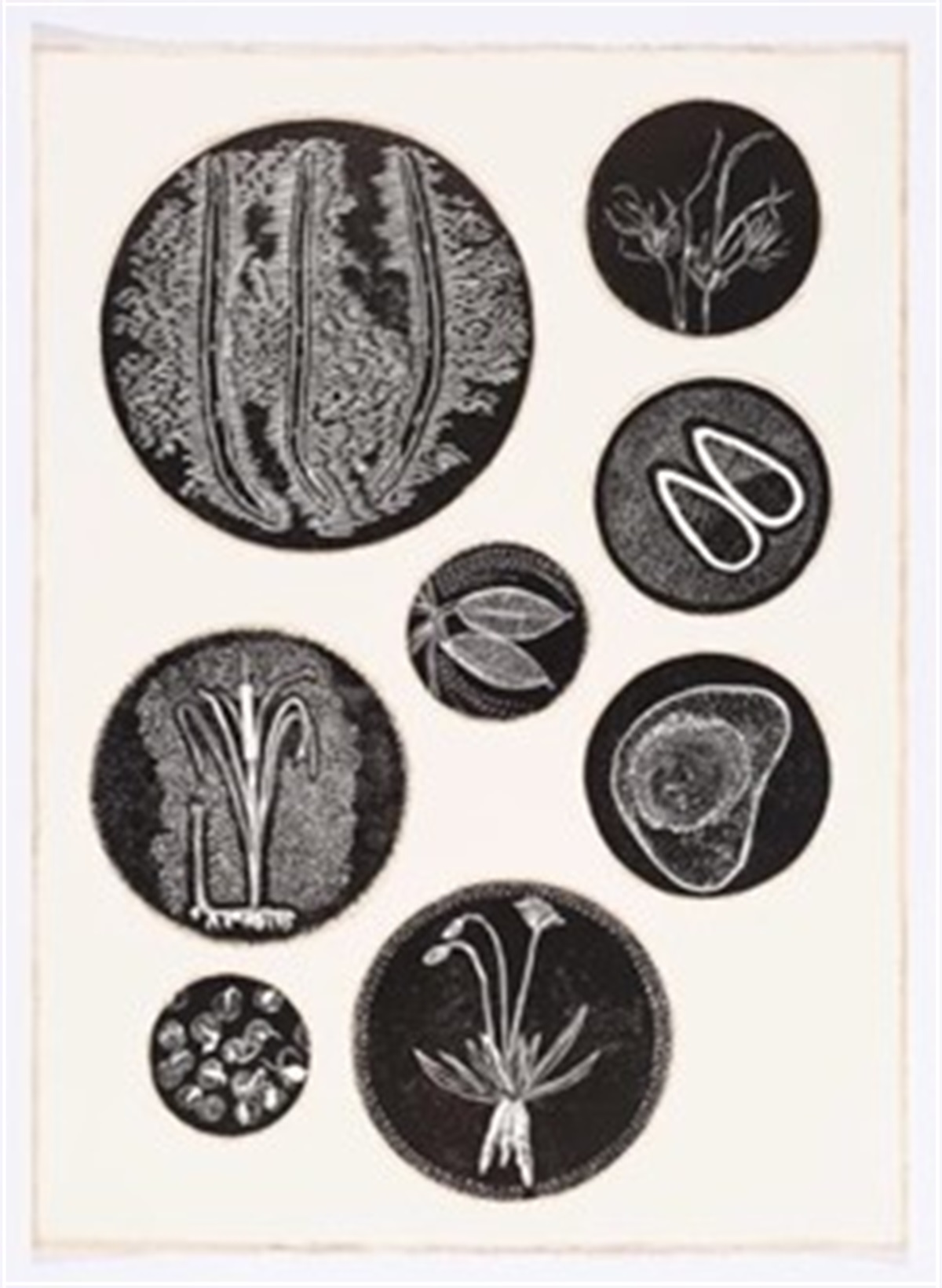ANZ is warning customers to be wary of romance and dating scams over the Valentine’s season.
According to Scamwatch, last year romance scams accounted for 33% of all reported scams and cost Australians $30.8 million dollars.
While once seen as a scam targeting older demographics, romance scams impact a wide range of people and are prevalent across all age groups.
In 2023, ANZ data showed 470 romance scams were reported by customers aged 21-50 and 777 romance scams reported by customers aged between 51-80.
ANZ Scams Portfolio Lead, Ruth Talalla said: “Romance and dating scams are some of the most common scams we see. Scammers work hard to build trust and it may be some time before they reveal who they really are.”
“Romance scams are prevalent across all cohorts. Regardless of your age or background, anyone can fall victim to these sophisticated scams – it’s important not to feel embarrassed. Scammers are experienced criminals and know how to manipulate people to their advantage,”
“There are many different scam types but they all manipulate normal human emotions and desires to extract money from victims. The more aware customers are of potential scams, the better placed they are to spot the red flags and protect themselves and their loved ones this Valentine’s Day,” she said.
Romance Scam red flags:
1. First impressions: Check if they have limited personal information on their profile or few connections, comments, likes and shares on social channels. Though a small online footprint doesn’t necessarily mean they’re hiding something, it is always important to be wary.
2. Do your research: Check if their profile or alias has been identified by other scam victims. Search their name with the word ‘scam,’ or reverse search the images on their profile with a search engine like Google. This helps ensure the image is not taken from elsewhere.
3. Saving face: Scammers can provide endless excuses for not showing themselves on camera or meeting in person. They will also be keen to keep relationships private and will perhaps suggest moving conversations off the dating site or social platform to an alternative private messenger.
4. Keep your heart close and your wallet closer: Money is the goal of romance scammers. Once they have gained trust, they are likely to ask for money. This can be done in a direct way or more subtly, such as asking for money to visit their victim.
5. Trust your gut, not your heart: Does everything they say match up? Keep an eye out for any discrepancies in conversation and with the information listed about them online. It can be easy to ignore red flags over the Valentine’s season, but always keep in mind the relationship may be too good to be true.
6. Sharing isn’t always caring: Be conscious of sharing personal information. Never share passwords, one-time codes, card numbers or PIN codes with a potential partner. Additionally, never allow anyone remote access to your devices and systems. If it is meant to be, they should never be concerned about the funds in your bank account.
About Romance Scams:
Romance scams see cyber criminals build relationships online to gain trust and exploit that trust for money. This usually starts in the form of an unexpected message or friend request on social media or via a dating app.
The scammer will share tales about their life, with the goal of forming an inauthentic relationship with you. They will often shower their targets with compliments and try to build an emotional connection before attempting to exploit that connection for money.
ANZ’s customer protection teams and systems operate 24/7. Customers who believe they may have been a victim of a scam should contact us immediately, on 13 33 50 or visit us at https://www.anz.com.au/security/report-fraud/








